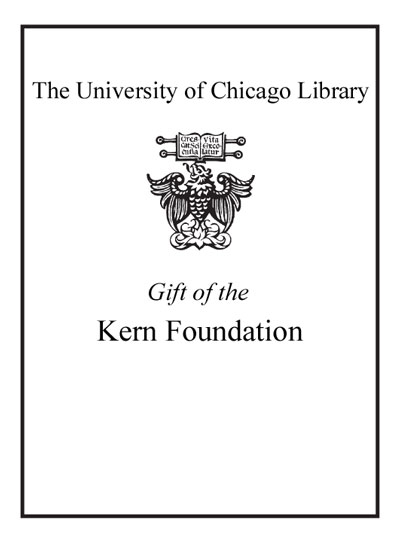Religious commitment and secular reason /
Saved in:
| Author / Creator: | Audi, Robert, 1941- |
|---|---|
| Imprint: | Cambridge ; New York : Cambridge University Press, 2000. |
| Description: | xii, 258 p. ; 23 cm. |
| Language: | English |
| Subject: | |
| Format: | Print Book |
| URL for this record: | http://pi.lib.uchicago.edu/1001/cat/bib/4233473 |
Table of Contents:
- Preface
- Part 1. The Foundations of Democracy and the Separation of Church and State
- 1.. The Plurality of Paths to Liberal Democracy
- Liberal Democracy
- Outlines of a Case for Liberal Democracy
- Freedom and Coercion
- 2.. The Separation of Church and State
- Three Central Principles of Church-State Separation
- Church-State Separation Viewed from a Religious Standpoint
- Applications of Church-State Separation: Public Observances, Educational Policy, and Tax Exemption
- 3.. Church-State Separation and the Justification of Governmental Power
- Liberal Democracy and Conceptions of the Good
- A Surrogacy Conception of Justified Coercion
- The Positive Role of Religious Arguments in a Liberal Democracy
- Part 2. The Ethics of Citizenship and the Balance of Religious and Political Arguments
- 4.. Religious Convictions and Secular Reasons
- Religion, Politics, and the Ethics of Citizenship
- Two Principles of Democratic Citizenship
- Some Problems of Application
- The Ethics of Citizenship and the Accommodation of Religion
- 5.. Religion and Ethics: Toward Integration
- The Diverse Sources of Religious Obligation
- Religious Commitment and Political Participation
- The Principle of Theo-ethical Equilibrium
- Theology and the Autonomy of Ethics
- Part 3. Civic Virtue and Political Activism in a Religiously Pluralistic Democracy
- 6.. Civic Virtue
- Virtues as Normatively Structured Elements of Character
- The Grounds of Civic Virtue
- Civic Virtue and the Grounds for Sociopolitical Action
- Civic Virtue and the Balancing of Religious and Secular Reasons
- The Place of Religious Considerations in Civic Discourse
- Institutional Dimensions of Civic Virtue
- 7.. Religious Conviction and Political Activism
- Prevention of Killing the Innocent as a Rationale for Violence
- Some Arguments for Personhood at Conception
- The Restriction of Abortion and the Presumption of Innocence
- Violence and Coercion versus Civilized Disagreement and Persuasion
- Conclusion: Ethics, Religion, and Democracy
- Notes
- Index

